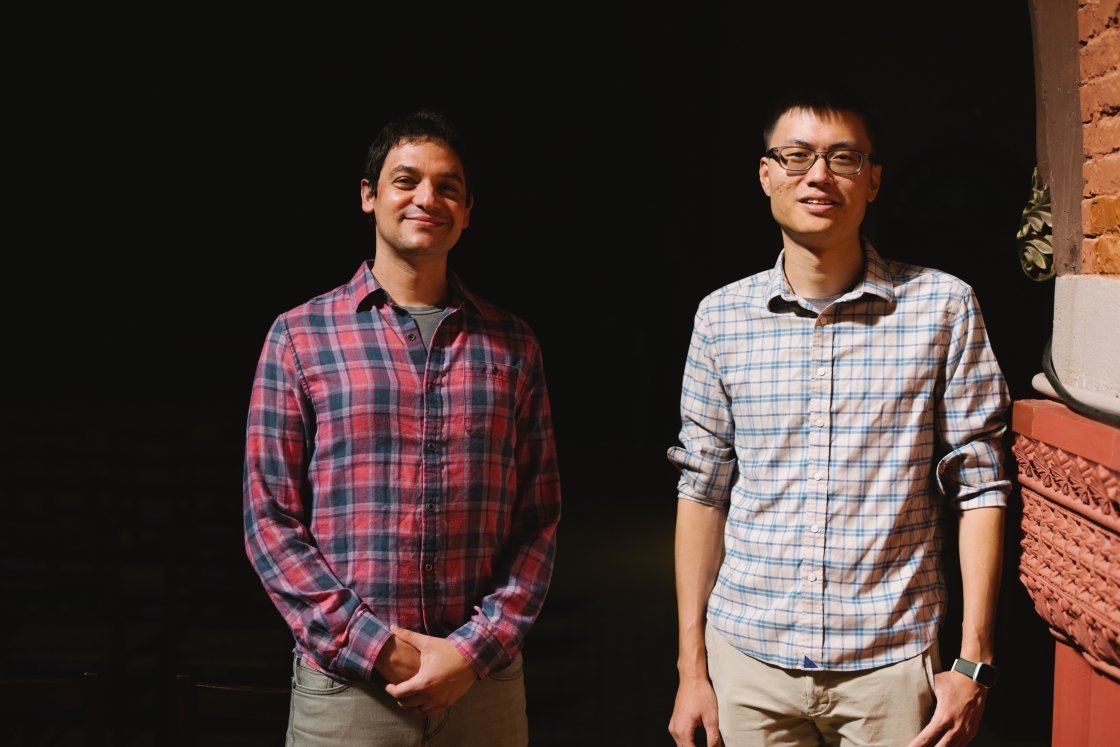Jan. 11, 2018 – Bad weather affects U.S. voter turnout and election outcomes with past research demonstrating that the Republican Party has the advantage. A new study by researchers at Dartmouth College and The Australian National University finds that the Republican Party’s advantage when it rains may be due in part to voters changing their partisan preference that day.
The study published in American Politics Research, examines electoral data and considers how voter psychology may impact election results.
“Our study suggests that weather conditions may affect people’s decisions on not only whether to vote but also who they vote for,” says co-author Yusaku Horiuchi, professor of government at Dartmouth.
The findings revealed that at least 1 percent of voting age adults in the U.S. who would have voted for a Democrat had the weather been good, voted instead for a Republican on rainy election days.
The change in party preference may be attributed to a psychological behavior, where voters may be more averse to risk during poor weather conditions. Earlier studies have identified a correlation between ideological and political orientations in which conservatives or Republicans tend to be more averse to risk than liberals or Democrats.
The study was based on a statistical analysis that drew on compositional electoral data: the voter share for the Democratic candidate, the voter share for the Republican candidate and the abstention rate, the sum of which should be 100 percent. When this compositional nature of election outcomes was taken into account, the research team discovered a more nuanced effect of rainfall— how voters’ preferences may change with bad weather.
The Dartmouth-ANU research team points out that past studies looking at how rain affects people’s decisions to go to the polls or abstain from voting have focused on how voter turnout tends to be higher among Republicans than among Democrats; however, the team argues that this only partially explains the alleged Republican advantage.
Study co-authors Yusaku Horiuchi (Yusaku.Horiuchi@Dartmouth.edu) and Woo Chang Kang, a lecturer in the School of Politics and International Relations at The Australian National University (woochang.kang@anu.edu.au), are available for comment.

